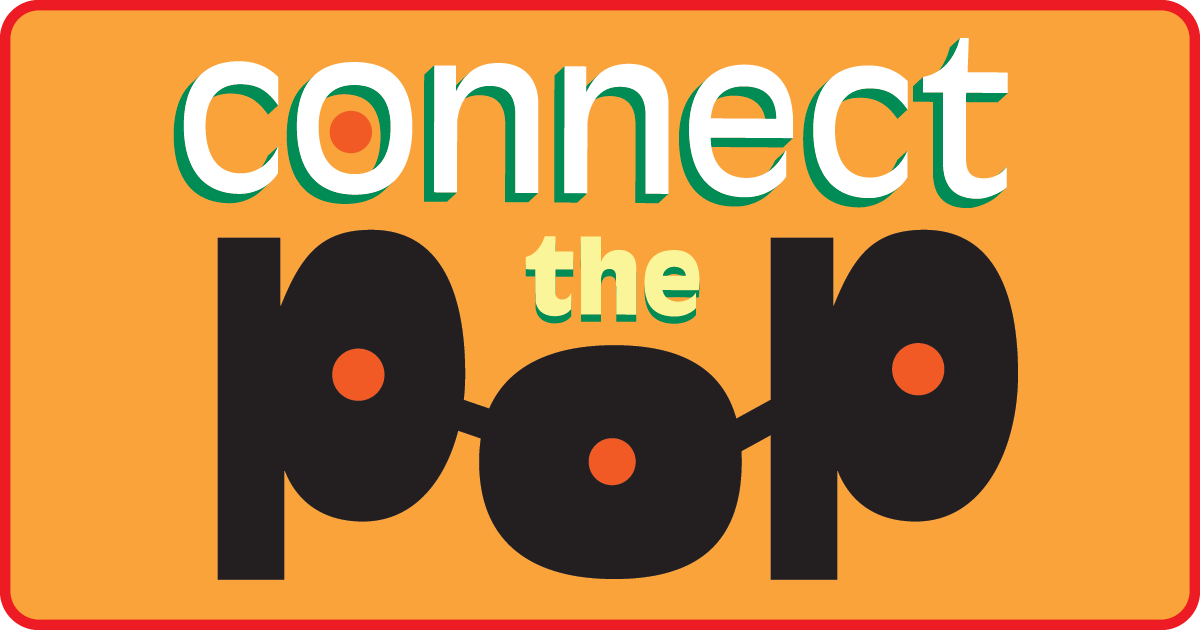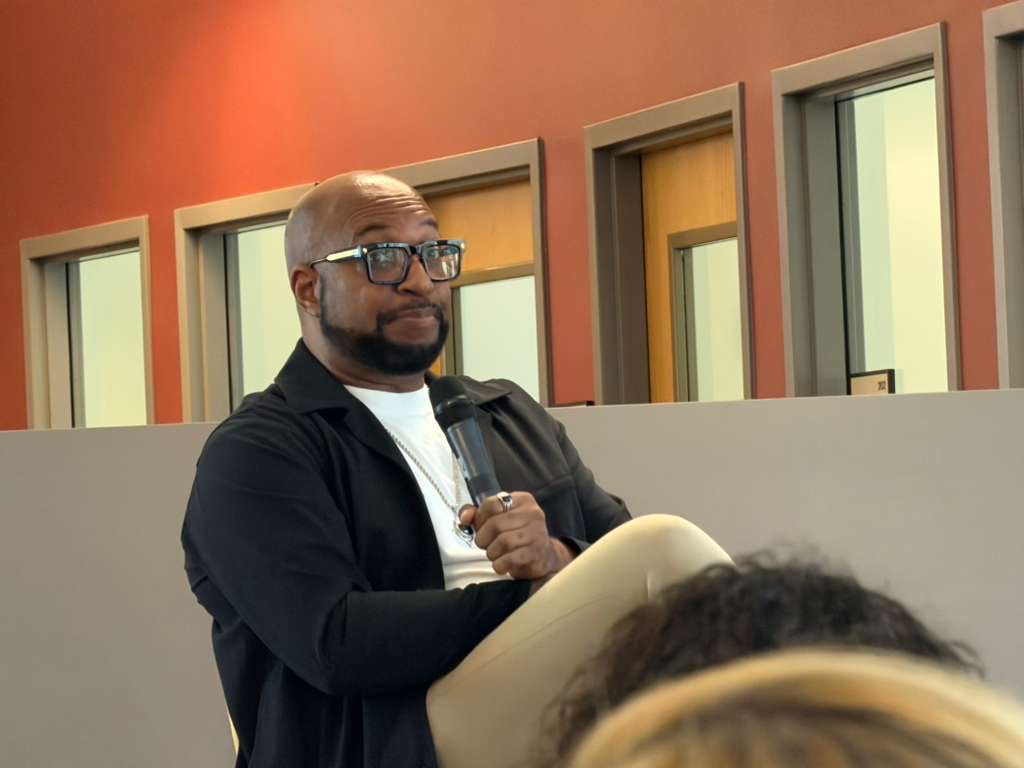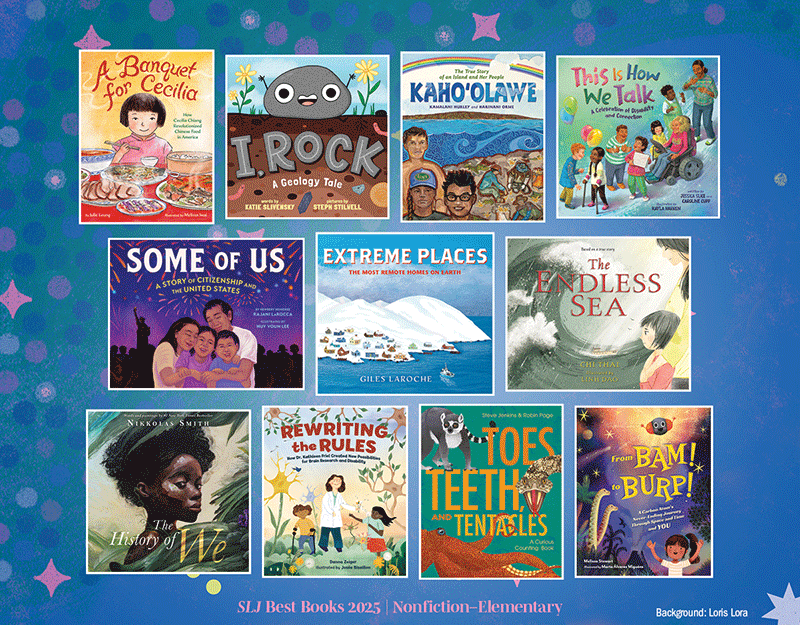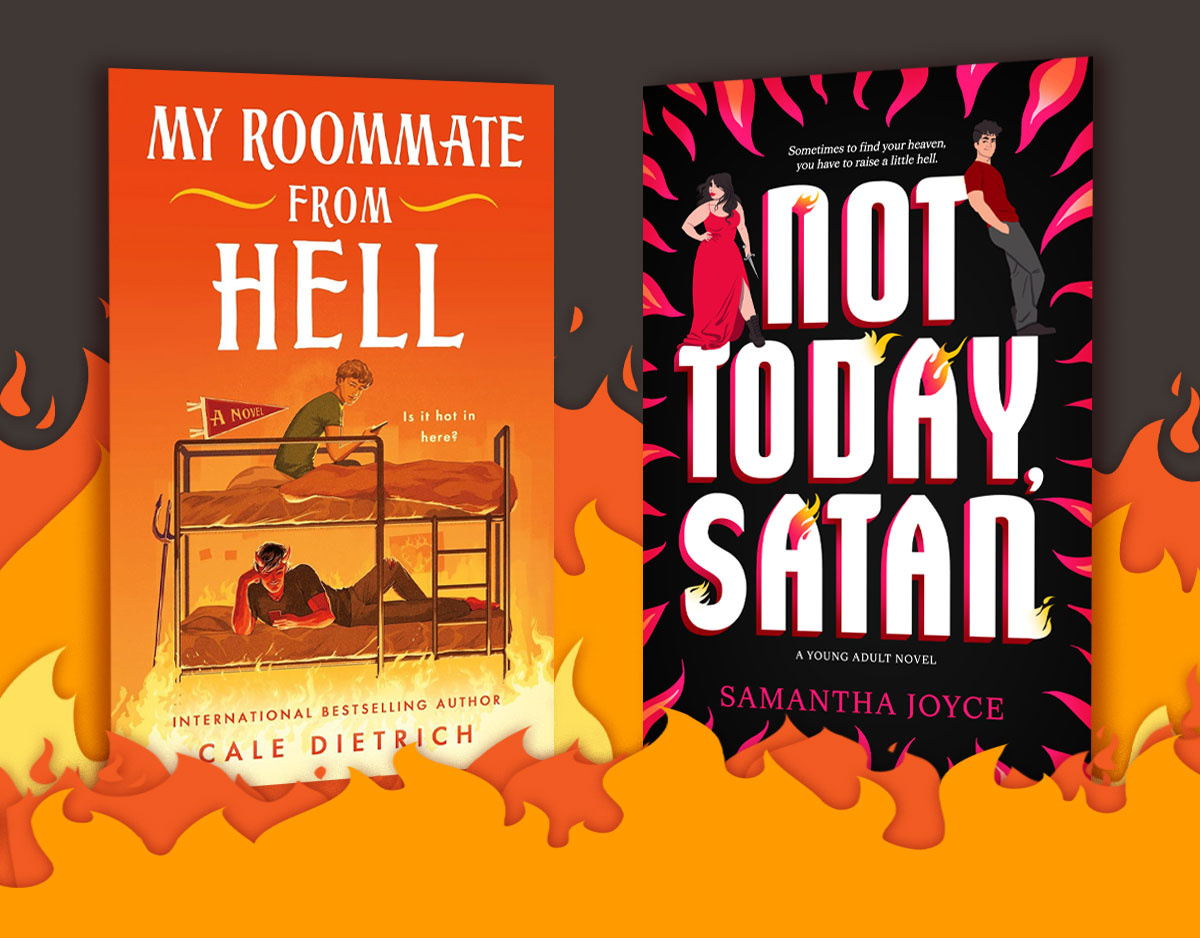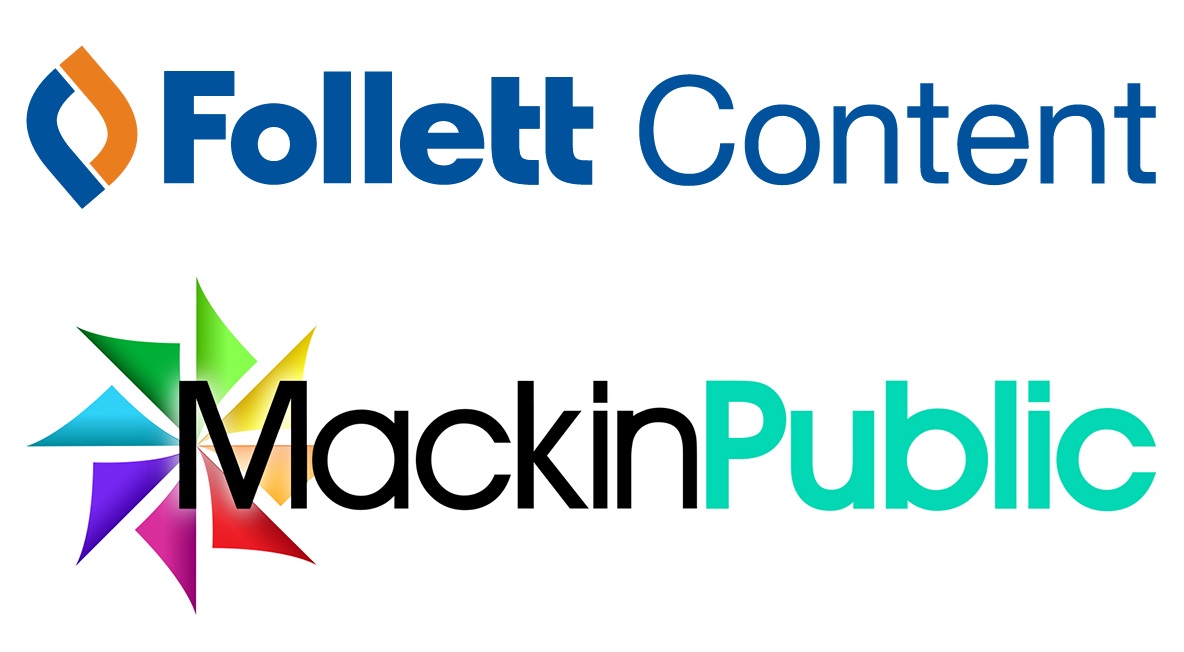SCROLL DOWN TO READ THE POST
Superhero Fatigue… or, Does the Genre Even Benefit the Medium Where it Started?
Okay, I’ll admit it—I’m as guilty as anyone when it comes to inducing “superhero fatigue.” And now, of course, I’m going to make matters worse.
Buoyed culturally by movie blockbusters featuring Spider-Man, The Avengers, and Batman, superheroes seem to be unavoidable these days. In fact, if you’re weary of muscle-bound do-gooders battling for the safety, if not the soul, of a huge city (usually New York), then I recommend you check out the decidedly non-kid-friendly but compelling and creative Brit TV series Misfits, whose first season comes to U.S. home video in a few days; even if you’re not into superheroes generally, but do consider yourself a media educator, you’ll probably appreciate the way that this series transforms into text all of the elements that are usually left as subtext in tales of super-powered teens.

One of the interesting things about Misfits, although it’s hardly the first story of this type (cf. Heroes), is the way that it’s not actually based upon established comic book characters. Because we still associate superheroes with comics, don’t we?
ADVERTISEMENT
ADVERTISEMENT
That’s natural, I suppose, despite the fact that more people will probably see The Dark Knight Rises in a given weekend than will read a Batman comic or graphic novel over a period of years. Yes, readership usually increases in this kind of bumper crop year, and your circ figures for certain GN titles may bear this out. Indeed, in 2008 and even 2009 the publishing industry saw what was termed the “Dark Knight Effect,” in which the box office mega-hit contributed to a huge spike in comics sales. So will 2012, or 2013 with its promising Man of Steel and a new Iron Man sequel, sends droves of motivated readers to busy librarians and grateful retailers?
Surely the raw numbers will eventually answer this question, but I have another one—does a sudden interest in a handful of titles really help comics? Or does it actually hurt their cultural standing, at least in North America? That is, maybe the following would have been a more suitable title for this post… “Superheroes: Bigger Than Ever or Industry Obstacle—or Both?” It’s a question that’s worth posing to student-fans, whether they’re fond of DC/Marvel properties or indie creations (or both, like me).
At first blush the all-boats-rise dynamics/economics of the situation seem simple: new or lapsed readers of comics seek out a beloved character from a film and/or TV franchise, then stick around long enough to learn about, and eventually appreciate, lesser-known works under the guidance of a knowledgeable librarian or hand-selling retailer. But doesn’t that make things a bit, I don’t know, precarious? As Danny Fingeroth, renowned former Spider-Man honcho and co-editor of The Stan Lee Universe (TwoMorrows, 978-1-60549-030-4), explained to me, “Since the specialty comics shop market, which also supports independent and offbeat publications, is mainly supported by the loyalty of the regular superhero comics purchaser, it does put much of the health of the indie comics market in the hands of those superhero comics collectors.”

Meanwhile, members of that same indie community—which, it’s easy to forget, also includes superhero titles—reserve the right to continue griping, albeit more quietly, about how mainstream superheroes have stifled the artistic and cultural growth of an entire medium in the U.S. (in a way that echoes this post about blockbuster movies from last week). This way everyone stays happy, right? (That’s sarcasm, by the way.)
Well, not everyone. Certainly not comics activist Michael Netzer, who, with his “Save the Comics” campaign aimed at Marvel and DC, has formalized grumblings that have been heard intermittently over the past decade or more. Far from applauding the surge of superheroes into other media as a move that benefits comics, Netzer claims that such tangential successes have led “the Big Two” to neglect initiatives they could make to further the industry as a whole: what’s their motivation, when “floppy” comics represent just a small part of the overall market for superhero content?

Petitioning for “an end of the reckless endangerment of the comic book… business,” Netzer and his followers have requested that these Warner- and Disney-owned publishers think about the long-term costs of their extracurricular activities in terms that sound decidedly superheroic: “We call on the industry leaders to exhibit a greater sense of responsibility with the great power they have over the industry—and to return to exemplifying the values of truth and justice towards comic book writers and artists who provide the fuel for their enterprises to flourish.” Yes, in part it’s a variation on the growing call for creator’s rights (which we’ve covered here and here), but what’s intriguing is how the argument is now framed in terms of how the entire industry is negatively affected, not just some talented but unjustly ignored individuals.
ADVERTISEMENT
ADVERTISEMENT
The implicit distinction made by Netzer, who began his career as an acclaimed artist for both Marvel and DC, is worth bearing in mind by those who disdain superhero comics generally—on the one hand, we have a genre with a rich tradition and resonant themes, and, on the other, we have those business entities that currently control its best-known commercial assets. In short, we conflate the two at our own peril—there are superheroes as figures of cultural resonance… and there are superheroes as branded assets controlled and promoted by corporate media (which are often accused of using comics as a mere R&D division for films, games, and so on).
Indeed, Netzer takes a long view, part of a school of thought that sees the superhero archetype as having originated long, long ago and holding an appeal far deeper than this month’s hottest multiplex flick or videogame. He explained it to me like this: “Perhaps the least-known or understood aspect of the superhero mythology in modern culture is the tangible metaphor that it alludes to about our very human state and the discernible hazards our evolving civilization faces. Creators who nourish superhero mythology draw inspiration from both the splendor and the peril they perceive simultaneously in their own real world.”
 Concurring about the real-world relevancy of superheroes is Fingeroth, author of Superman on the Couch: What Superheroes Really Tell Us About Ourselves and Our Society (Continuum, 978-0-8264-1540-0). When I asked him to name something that non-comics readers might not know about the genre, he responded, “They might not understand how much the superhero is the product of an immigrant sensibility, grown out of the streets and public schools of New York in the early and [mid-twentieth century]” (see the potential History/Social Studies curricular connection here?). Obviously, however, the genre is not just of interest to cultural historians, but rather remains compelling to readers who come for the action and remain for the latent, and powerful, thematic material. According to Fingeroth, superhero comics often “deal directly and metaphorically with issues of the day, and some portray violence and sexuality in extreme ways. The upside of this is that serious topics can also be addressed in dramatic, yet non-titillating, ways.”
Concurring about the real-world relevancy of superheroes is Fingeroth, author of Superman on the Couch: What Superheroes Really Tell Us About Ourselves and Our Society (Continuum, 978-0-8264-1540-0). When I asked him to name something that non-comics readers might not know about the genre, he responded, “They might not understand how much the superhero is the product of an immigrant sensibility, grown out of the streets and public schools of New York in the early and [mid-twentieth century]” (see the potential History/Social Studies curricular connection here?). Obviously, however, the genre is not just of interest to cultural historians, but rather remains compelling to readers who come for the action and remain for the latent, and powerful, thematic material. According to Fingeroth, superhero comics often “deal directly and metaphorically with issues of the day, and some portray violence and sexuality in extreme ways. The upside of this is that serious topics can also be addressed in dramatic, yet non-titillating, ways.”
Agreed—and I guess my assent here, and incipient enthusiasm, means that I’m slowly overcoming my personal fatigue.
Still, if the public perceives that it can find these same themes just as easily in screen media, does that leave corporate publishing with little more to do than cheerlead from the sidelines or occasionally kill off characters in quasi-publicity stunts? If so, we’ve reached an interesting historical moment, with the genre being more vital than ever to the culture at large, but remaining a reactionary force in the very medium that spawned it.
Filed under: Comics, Media Literacy, Movies, Print Media, Social Studies, Television
About Peter Gutierrez
A former middle school teacher, Peter Gutierrez has spent the past 20 years developing curriculum as well as working in, and writing about, various branches of pop culture. You can sample way too many of his thoughts about media and media literacy via Twitter: @Peter_Gutierrez
ADVERTISEMENT
SLJ Blog Network
The 2025 Thank You Post
Bob Rossify Your Life: A YOU CAN MOVE MOUNTAINS Cover Reveal and Talk with Richard Ho and Daniel Miyares
Pushing Hope: An Illustrated Memoir of Survival | Review
Notable Nonfiction and Newbery 2026
Book Mail: Dark academia romantasy, a magical cooking school, a time-travel story, and more!
The Classroom Bookshelf is Moving
ADVERTISEMENT
ADVERTISEMENT

